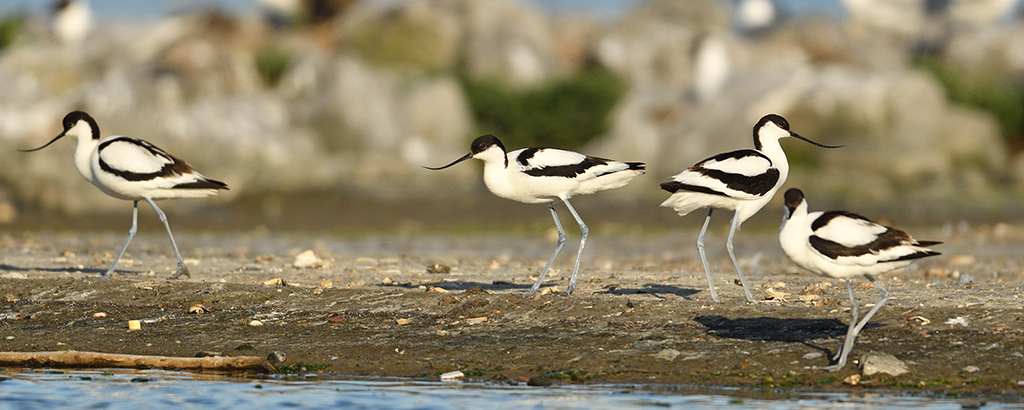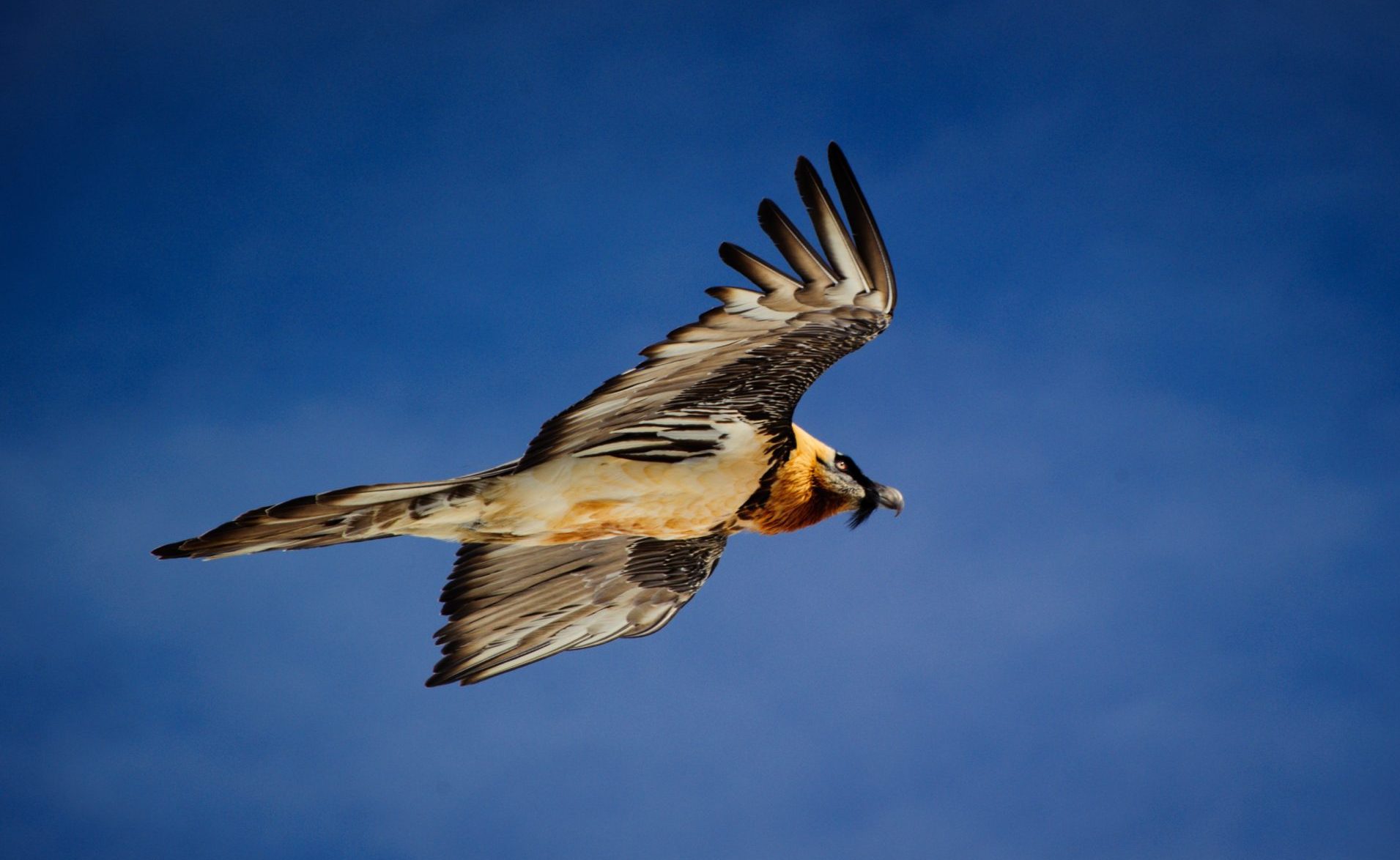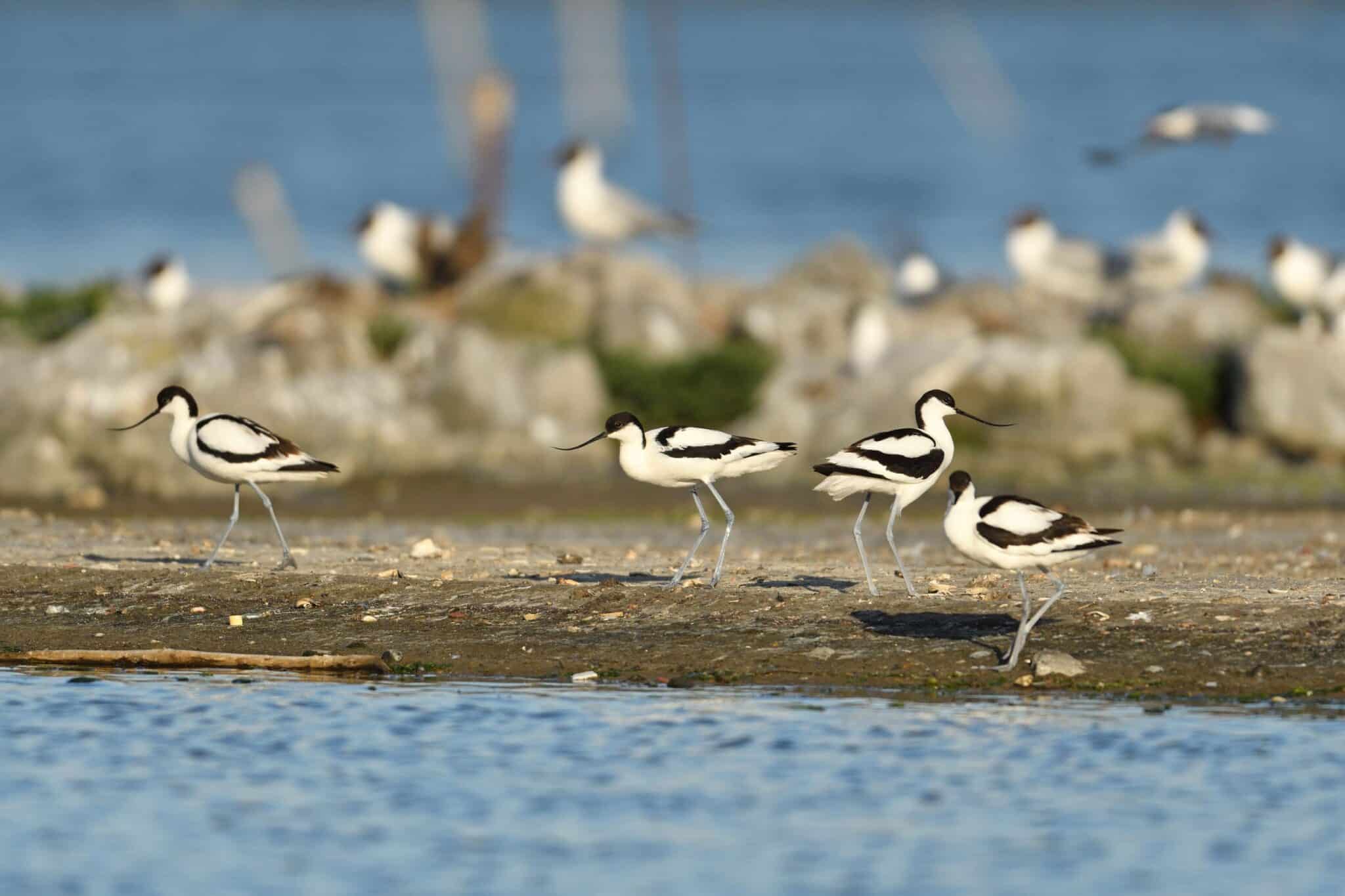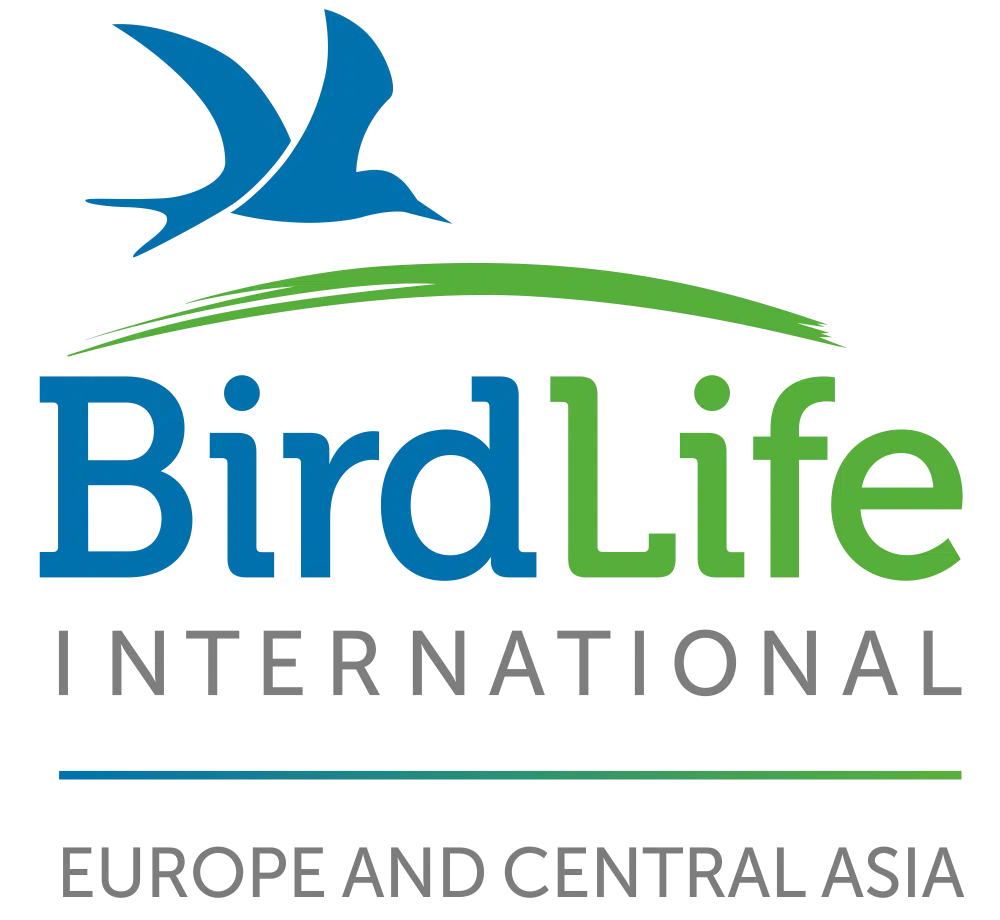A spotlight on preventing lead poisoning – but where is the EU action?
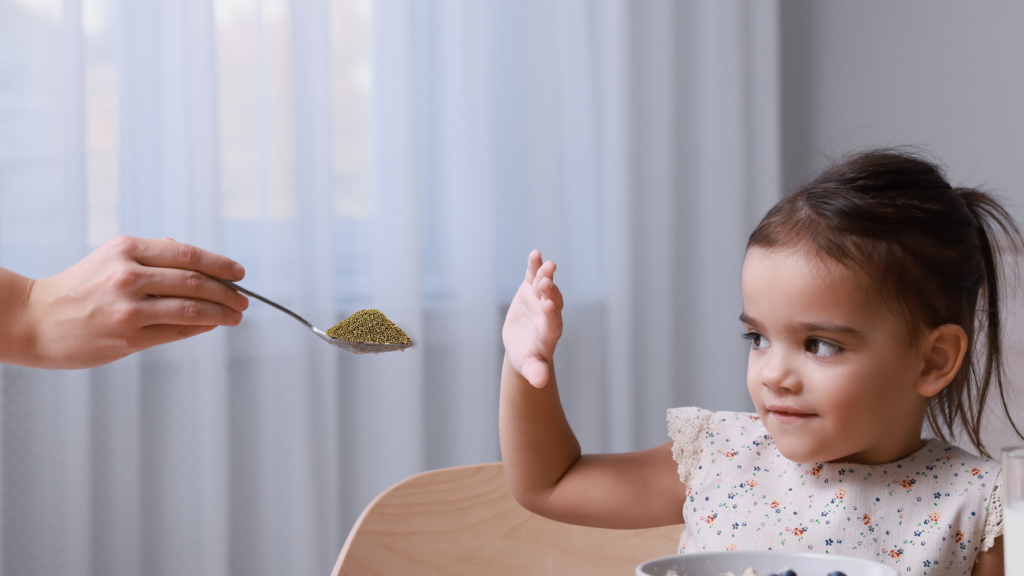
This week marks International Lead Poisoning Prevention Week – an initiative led by the World Health Organisation to raise awareness of the detrimental impacts of lead, particularly in children. Ironically, the week also coincides with a set of key meetings of the EU REACH committee – the panel that works on the EU chemicals regulation – where Member States are gathering to discuss how to tackle dangerous chemicals. But what’s not on the agenda? The restriction of lead in outdoor shooting and fishing.
Lead is toxic regardless of source and while governments and society are aware of the danger of lead in many materials, especially in paint, they don’t seem to dedicate as much attention to the use of lead in fishing weights and ammunition, despite its impacts on wildlife, environment and human health.
The European Commission is currently drafting a restriction on the use of lead in outdoor fishing and shooting. While we welcome this vital step, since regulation is more effective than voluntary phase-outs, the Commission still hasn’t released the draft despite the deadline being back in May. The longer the Commission waits, the longer the road to phase out lead becomes, and the more people and wildlife suffer. This week’s focus on the prevention of lead poisoning globally shows just how vital action to tackle lead in our region is too.
There are no safe levels of exposure to lead; children are particularly at risk because lead poisoning entails developmental impacts on the brain. Exposure to lead can also cause cardiovascular diseases, chronic kidney disease, high blood pressure, and fertility problems. These unacceptable impacts are widely recognized, and global movements have widely banned the use of lead in sources such as petrol and paint.
And yet, across Europe, lead continues to be spewed into our environment from the practices of hunting, sports shooting and fishing. In fact, the European Chemicals Agency estimates that 44,000 tonnes of lead are dispersed into the environment annually from these practices. It is estimated that each year one million children in Europe are exposed to the toxic effects of lead from eating game meat* – this is as if the whole child population of a country like Finland or Slovakia was poisoned. Alongside this tragic impact on our children, lead in the environment also severely affects wildlife, domestic animals, soils, water, and even our pets. The science is clear that it’s time for change. In fact, a group of over 80 scientists from across the world have published today an open letter to urge for the approval of an EU-wide ban on lead in ammunition and fishing weights.
This mass poisoning has no reason to continue when there are effective, affordable, and safe alternatives to lead in ammunition and in fishing. For example, in Denmark, lead shots have been banned since the 1990s: wildlife and human health are recovering, without affecting the hunting community. Yet progress at the EU level is too slow – marked by the restriction not being up for discussion at this week’s REACH Committee meetings. The Commission can and should release an ambitious draft restriction soon and make a fundamental step towards their zero-pollution ambition in the European Green Deal.
This week of international action to end lead poisoning shines a spotlight on what’s possible to genuinely consign lead poisoning to history. The European Commission has a crucial opportunity to contribute to this international effort and build a safer, healthier, brighter future for our children, and our environment.
*Game meat is meat from an animal that is typically found in the wild and not raised domestically on a farm for mass consumption.
You might also be interested in:
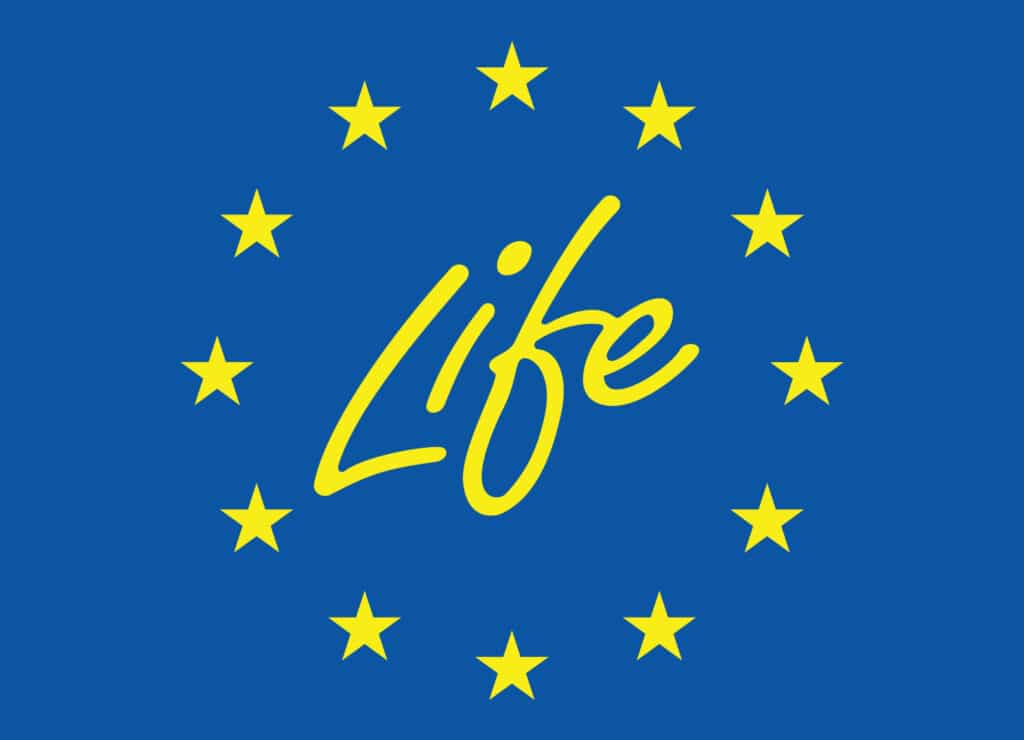 | Stichting BirdLife Europe gratefully acknowledges financial support from the European Commission. All content and opinions expressed on these pages are solely those of Stichting BirdLife Europe. The European Commission is not responsible for any use that may be made of the information it contains. |
